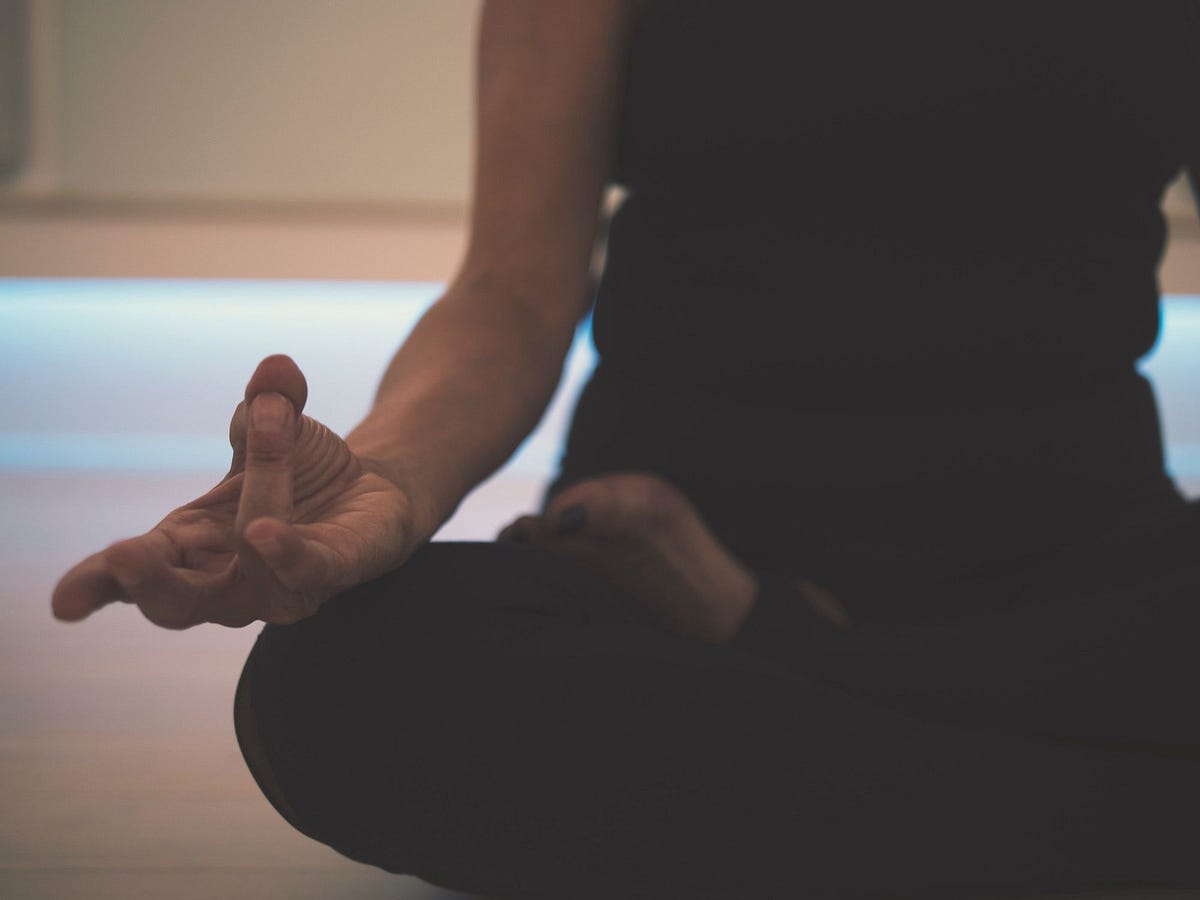Mornings, like Mondays, have gotten a bad rap, unfairly in my opinion. They are framed by cartoon cats and others as an indicator that the fun is over. I don’t think about it that way. Mornings are the start of a new day, full of promise and possibility.
My enjoyment of the morning is directly correlated with how the first hour goes. If I’m running late and skip my morning workout, I’m stressed until at least lunchtime, trying to get back on track. If I wake up well-rested with an hour to start the day with intention, I feel ready to take on whatever the day throws at me.
For an entrepreneur, work might not always be fun, but it’s an opportunity to do something great. The morning kickstarts that opportunity. The question is, how do we capitalize on that?
Build the habit
To be efficient and successful, a to-do list isn’t enough. In order to make the most of your time and energy, you need to set up rituals that work for you. Like setting up your wardrobe, establishing routines helps you be efficient without even thinking about it.
It takes time to reach your goals and establish good habits, so it can be easy to get discouraged. External rewards and celebrations can help, but so can identifying your intrinsic motivators. Evaluate how you’re feeling with your new routine and write it down. Tell a friend or partner. Name the positive feelings and associations and you’re more likely to continue.
An ideal morning routine will help ground and energize you. For Marie Kondo, that means opening the windows for a breath of fresh air and burning incense. For Arianna Huffington, it means meditation. Find the rituals that make you feel at ease with yourself and excited about the day ahead. They could be as simple as making the bed or making a really excellent cup of coffee.
Eventually, your routine will stop being something that takes effort and planning and becomes just what you do.
Don’t rush
I’m not going to be the guy that tells you that you have to wake up at 4 A.M. in order to be successful. Everybody is unique and has different peak performance hours. However, I will say that if you’re hitting your snooze alarm four times and rushing out the door, you’re doing yourself a disservice for the rest of the day.
Our goal in the first hour of the morning is to set ourselves up for success. That means the routine actually starts the night before. Practicing good sleep hygiene is crucial for waking up well-rested. Adults who sleep seven hours a night are healthier and live longer. I’ve written before on how important rest and recovery are in being a successful entrepreneur.
Taking the time to start the day relaxed can help foster creativity and reduce stress.
Take care of your body
As the day goes on, we experience decision fatigue, which means it becomes harder to make good decisions since we’ve already used so much decision-making energy already. You’ll have an easier time deciding to eat well or work out in the morning than you will at 6 P.M. when you’ve already made a full day’s worth of choices.
Maybe you’re in a position where you can meal prep and exercise before you get to work. That’s a great option and the way I like to do things. Once I’m done, I don’t have to think about it anymore for the rest of the day.
But, if that doesn’t work for you, you can set yourself up for success by making those decisions early and putting them into your schedule. Exercise pays dividends on productivity, energy levels, and mood. It’s truly an investment in yourself. Even if you can’t bring yourself to wake up an hour early to get a sweat in before work, you can put it in your calendar as an unmissable appointment with yourself. By making that decision early, you’re more likely to stick with it.
Do the important stuff first
It can be easy to push off big, important tasks, saying you’ll get to them later, until it’s the end of the day and you haven’t made any progress and either you rush through them with sub-optimal results or you push it to the next day. Like with exercise, it’s easy to feel like something you aren’t seeing the immediate effects from is a lower priority than tasks that you can check off your list.
This is due to the urgency effect. Your brain feels a reward whenever you finish something, so it seeks out tasks that can be done quickly and prioritizes the stress of initial urgency over long-term importance. You’re working against biology to be productive rather than just busy.
In order to trick yourself into keeping your eye on your long term goals, you can set micro-goals. These can be individual tasks, of course, but what I like to do is abide by the 5-minute rule. It’s exactly what it sounds like. In the first hour of every day, I dedicate five uninterrupted minutes to a long term goal. Sometimes, I get into a rhythm and keep working beyond that five minutes, but even if I don’t, I’m still a little further along than I would have been otherwise. And, by working on it every day, I keep my long term goals top-of-mind.
Be intentional
Before the influx of news and emails, the morning is a great time to practice mindfulness. Mindfulness helps foster empathy and the ability to be present. Mindfulness can manifest as a meditation practice, writing by hand instead of typing, having a “beginner’s mind,” meaning listening intently and leaving preconceived notions at the door, and more.
It might not seem like sitting quietly or free-writing is a better use of your time than tackling your inbox backlog, but it makes a difference. Practicing mindfulness in the morning, whether it’s ten minutes using the Headspace app or a reflective journaling exercise, sets the tone for the rest of the day and helps build your capacity for mindfulness in the rest of your life. Beyond reducing stress and improving health outcomes, mindfulness can make you a better leader and manager.















































Send Comment: